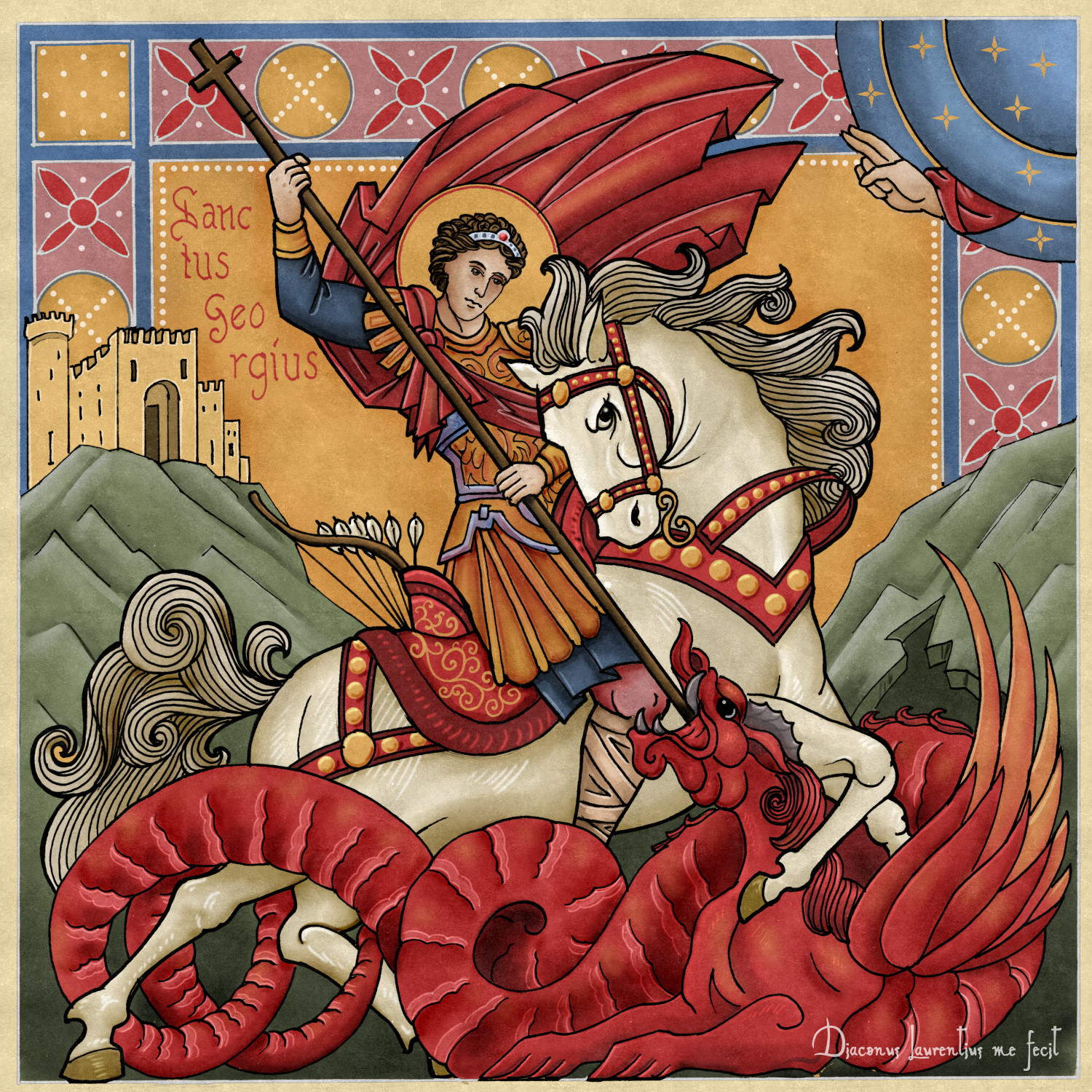"Perhaps some of the most difficult teachings of Christ concern how we respond to oppression."

According to a study by the Italian based Center for Studies on New Religions, Christians continue to be the most persecuted religious group in the world. The study found that in the year 2016, 90,000 Christians were killed for their beliefs while an additional 600 million were prevented from practicing their faith.
There are many places in the world where being a Christian is the most dangerous thing you can be.
How we respond to such persecution, hardship and oppression, says much about us to the world.
At a Prison Fellowship Ministry held in Seattle a number of years ago, Ruth stood and announced “The man I ate dinner with tonight killed my brother.” She then went on to explain that “John” murdered her brother during a robbery. He spent 18 years in a Walla Walla prison. After prison he settled into life on a dairy farm. That was where Ruth encountered him in 1983, 20 years after the loss of her brother.
Compelled by Christ's command to forgive, Ruth sought out John and told him she forgave him. She then took John to her father's deathbed where the two men reconciled.
At the banquet, John stood after Ruth gave her testimony. He said:
“Christians are the only people in the world where you can kill their son, and they make you part of your family. I don't know the Man Upstairs, but He sure is hounding me.”
Although John at the time had not yet accepted Christ, Ruth's forgiveness was unconditional. More than that, she became John's friend.
Turn the other cheek, do more than is required of you, do good to those who hate you, these passages from scripture are frequently used to bolster the assertion that Christianity is a religion for the weak and the passive. But this is a superficial interpretation.
For the past few weeks Jesus has taught us what it means to follow Him. We learned humility from the beatitudes. We learned the importance of using our minds as well as our hearts to serve God. And we learned to be generous with our time and our abilities. Today Jesus teaches us the virtue of forgiveness.
A backhanded blow across the right cheek is the slap of a superior to a subordinate, giving up your tunic and carrying another’s burden for a mile are dictums of an oppressive law, loving your enemies means to love those who consider you beneath them. It is not about how we respond to violence. It is about how we respond to humiliation and oppression. As followers of Christ we are called to a higher standard than
the world expects of us. We answer hatred, oppression and humiliation with love and forgiveness.
Humility, wisdom, generosity and forgiveness, these are not traits of weakness.
We are called to take the high road, to set ourselves apart from those who have rejected God. We are told to not only forgive our enemies but to love them and pray for those who persecute us. Anything else is from the evil one.
Pax vobiscum
7th Sunday in Ordinary Time

rence Klimecki, MSA, is a deacon in the Diocese of Sacramento. He is a public speaker, writer, and artist, reflecting on the intersection of art and faith and the spiritual “hero’s journey” that is part of every person’s life. He maintains a blog at www.DeaconLawrence.org and can be reached at Lawrence@deaconlawrence.com




